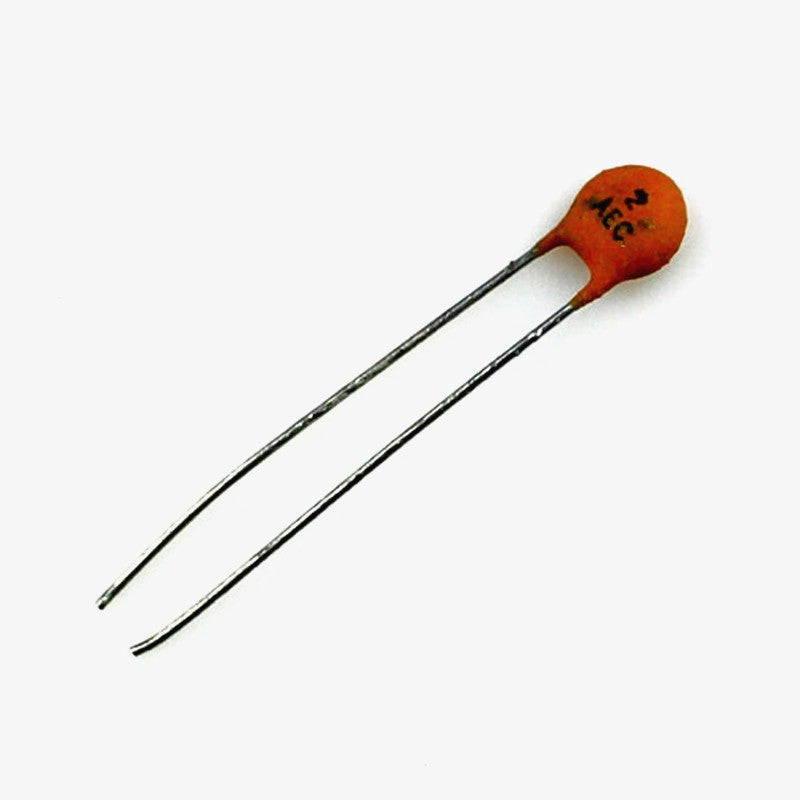In the world of motors, capacitors play a crucial role in enhancing performance and efficiency. These small but mighty devices are often overlooked, yet their impact on motor operation is significant. In this article, we will delve into the intricacies of capacitors and explore their function in motors, shedding light on their importance and the benefits they bring to various industries.
- Understanding Capacitors:
Before we dive into the role of capacitors in motors, let's first understand what capacitors are. A capacitor is an electronic component that stores and releases electrical energy. It consists of two conductive plates separated by an insulating material, known as a dielectric. When a voltage is applied, the capacitor charges, storing energy in its electric field. - Starting Capacitors: Boosting Motor Performance:
One of the primary functions of capacitors in motors is to provide an extra burst of power during startup. Motors often require a higher starting torque to overcome inertia and initiate rotation. Starting capacitors, also known as electrolytic capacitors, are specifically designed to deliver this initial surge of energy. By temporarily increasing the voltage across the motor's windings, starting capacitors enable smooth and efficient motor startup. - Running Capacitors: Enhancing Motor Efficiency:
Once the motor is up and running, running capacitors come into play. These capacitors, also called motor-run capacitors, work in conjunction with the motor's windings to optimize its performance. By creating a phase shift between the current and voltage, running capacitors improve the power factor of the motor. This power factor correction reduces energy losses, enhances motor efficiency, and minimizes electricity consumption. - Dual Capacitor Systems: Versatility and Adaptability:
In some motor applications, such as air conditioning units or refrigeration systems, dual capacitor systems are employed. These systems consist of both a starting capacitor and a running capacitor. The starting capacitor provides the initial torque to start the motor, while the running capacitor ensures optimal performance during operation. Dual capacitor systems offer versatility and adaptability, allowing motors to meet varying load requirements efficiently. - Capacitor Selection and Maintenance:
Choosing the right capacitors for a motor is crucial to ensure optimal performance and longevity. Factors such as capacitance, voltage rating, and temperature tolerance must be considered. Regular maintenance, including checking for capacitor leakage or bulging, is essential to prevent motor inefficiencies or failures. Timely replacement of faulty capacitors is necessary to maintain motor reliability and prevent costly downtime.
Conclusion:
Capacitors are the unsung heroes of motor efficiency, enabling smooth startups, improving power factor, and reducing energy consumption. Understanding the role of capacitors in motors empowers industries to optimize their operations, reduce costs, and contribute to a greener future. By harnessing the power of capacitors, motors can reach new levels of performance, efficiency, and reliability.


